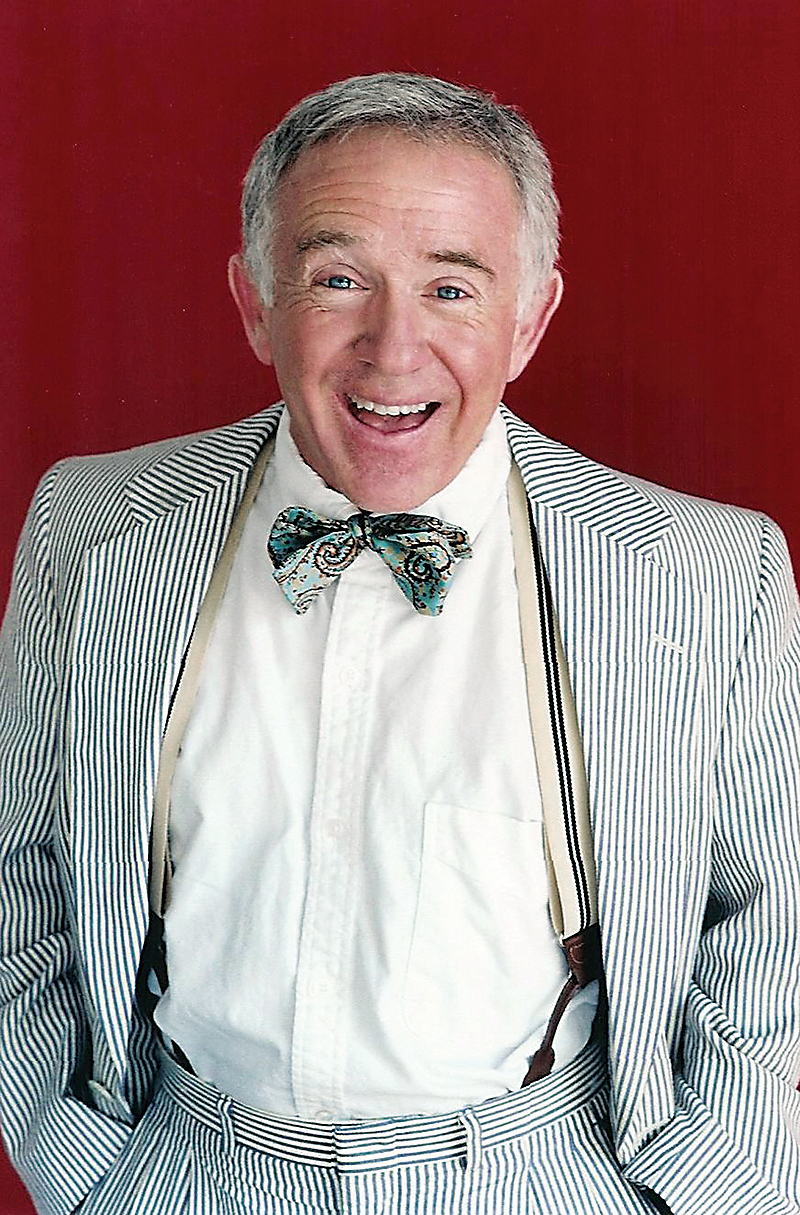Long before he was part of the acclaimed movie "The Help," Chattanooga native Leslie Jordan was part of the restaurant help at several Scenic City establishments.
From those experiences, he said, he "learned more about acting than any acting class can possibly teach."
Nearly half of all Americans work in the restaurant industry at some point in their lives, according to the National Restaurant Association. And more than one in four adults had their first job experience in a restaurant, the 2011 report said.
"From the moment the waiter walks up to the table until the check is dropped off," said Jordan, who worked as a costumed waiter at The Sailmaker on Brainerd Road in the 1970s and later as a waiter at Vine Street Market, "it is as if you are 'onstage.'
"You have to put up with so much and still smile and try to act like you give a hoot when all you really want to do is pour water on the head of the ungrateful person who is running you ragged."
Several Chattanoogans who now work in other fields say their work in restaurants helped give them the ability to navigate work crunches and deal with people.
Cyndee Sims, vice president of mission services at Chattanooga Goodwill Industries, said her one summer of working at the Howard Johnson Hotel in East Ridge taught her about "working with people in stressful situations."
In an often chaotic environment to start with, she said, patrons might "not be in the best of moods." On the positive side, she said, "carrying heavy trays gave you a workout," and she had a lot of "fun meeting people."
Mary Alice Wyatt, a former English teacher at Girls Preparatory School, waited tables at a restaurant in the Denver area years ago while earning her teaching certificate.
Waiting on the public, she said she used to tell her students, is a good experience because it allows them to "see life from the other side."
Wyatt said her experience also gave her a good insight into the men she later dated.
"You become aware of how other people treat a waitperson," she said. "[Working in a restaurant] was very valuable in retrospect. It made me more well-rounded."
Tommy Thompson, chief deputy U.S. marshal with the U.S. Marshals Service in Nashville, said his experience at Yesterdays in Chattanooga and Hungry Fisherman in Chattanooga and Atlanta - including stints as an assistant manager - allowed him to deal with both happy and unhappy people.
"Back then," he said, "I would handle customer complaints and make things right, if possible. I would also make sure praise got passed on to the appropriate party when we created a good dining experience. As a manager for the Marshals Service for over 20 years, I still do the same thing.
"I handle complaints from the public, lawyers, prisoners and judges when they come in, and I either correct the problem or explain the situation to the person's satisfaction. I also make sure the compliments get passed on and proper recognition is given when our deputy marshals are praised."
Even washing dishes at a restaurant can offer lessons down the line, said Greg Haynes, director of development services at the Regional Planning Agency.
"Washing dishes gave me a healthy respect for hard work," he said. "I learned that there is value in all types of work. It also taught me to tip well those who are serving me a meal and washing the dishes I just ate from."
Mike Tulloss, an attorney at BlueCross BlueShield of Tennessee, said making chili dogs and assisting with cleanup duties at Opryland USA's Mod Pavilion, gave him all the incentive he needed to reach for a higher goal.
"I knew I needed to get a college degree so I didn't do this the rest of my life," he said.

